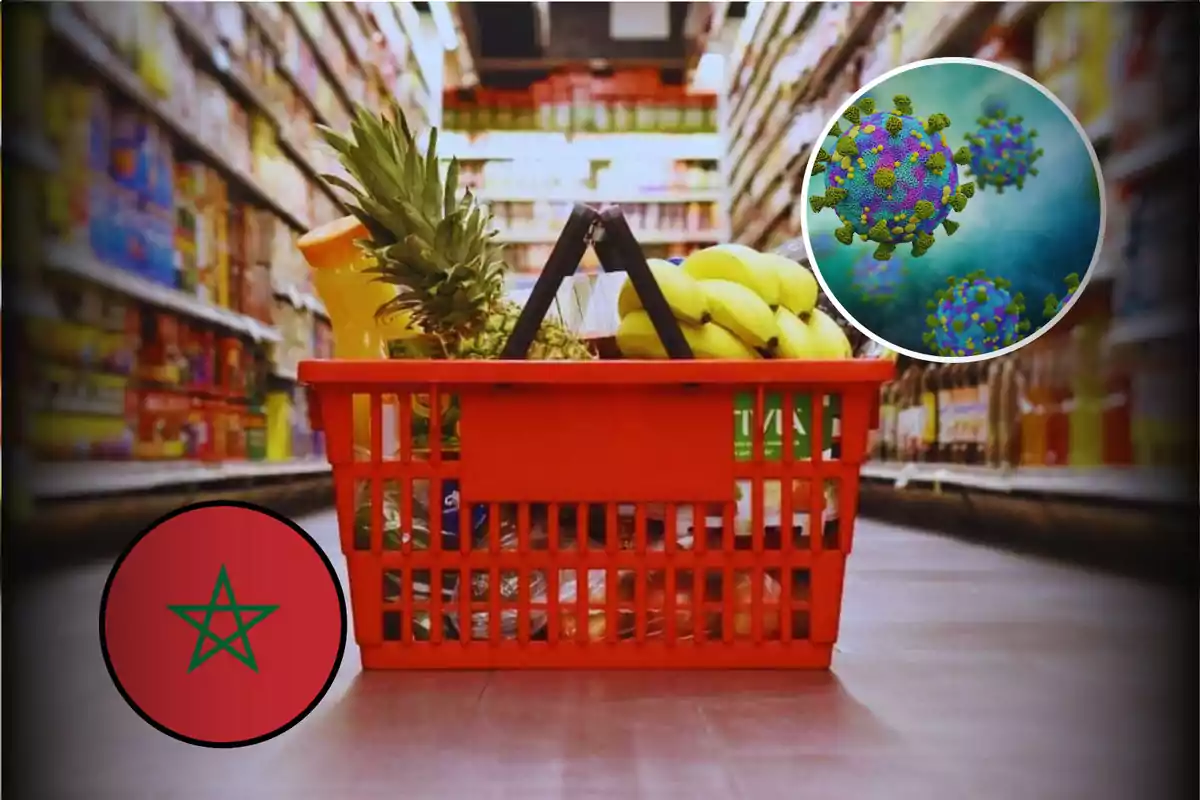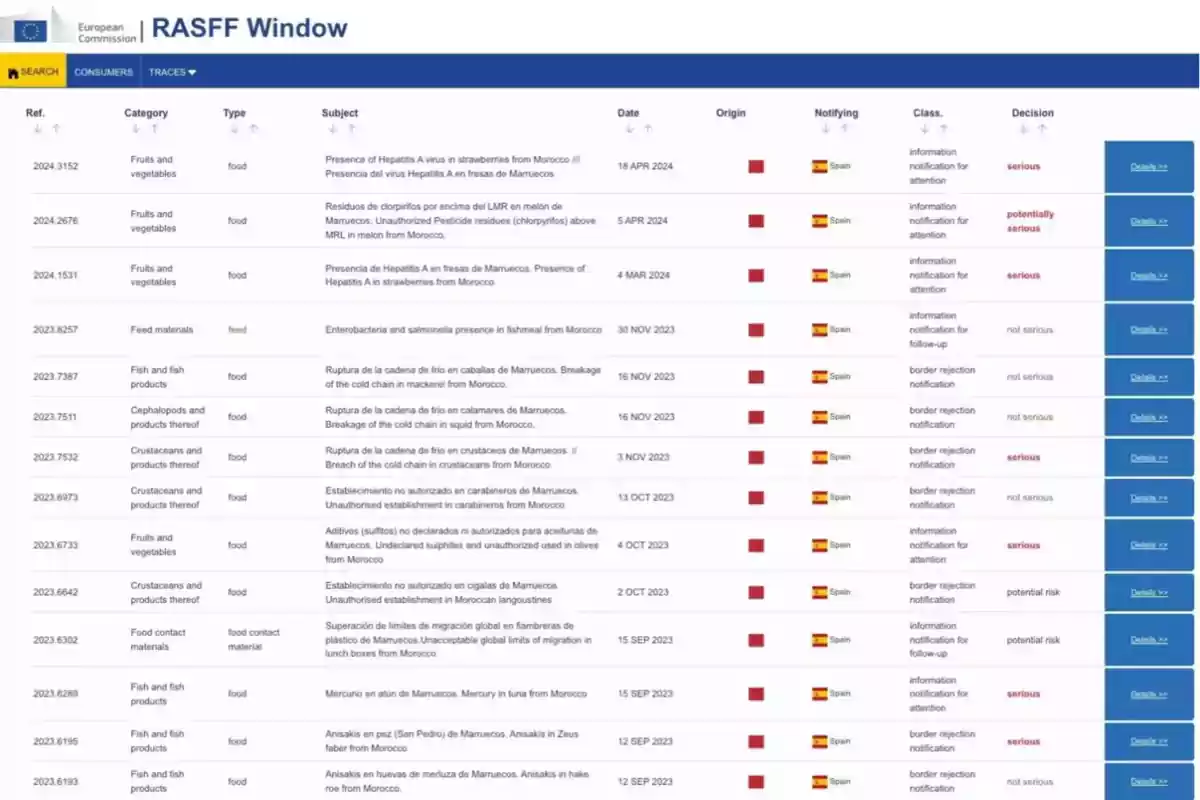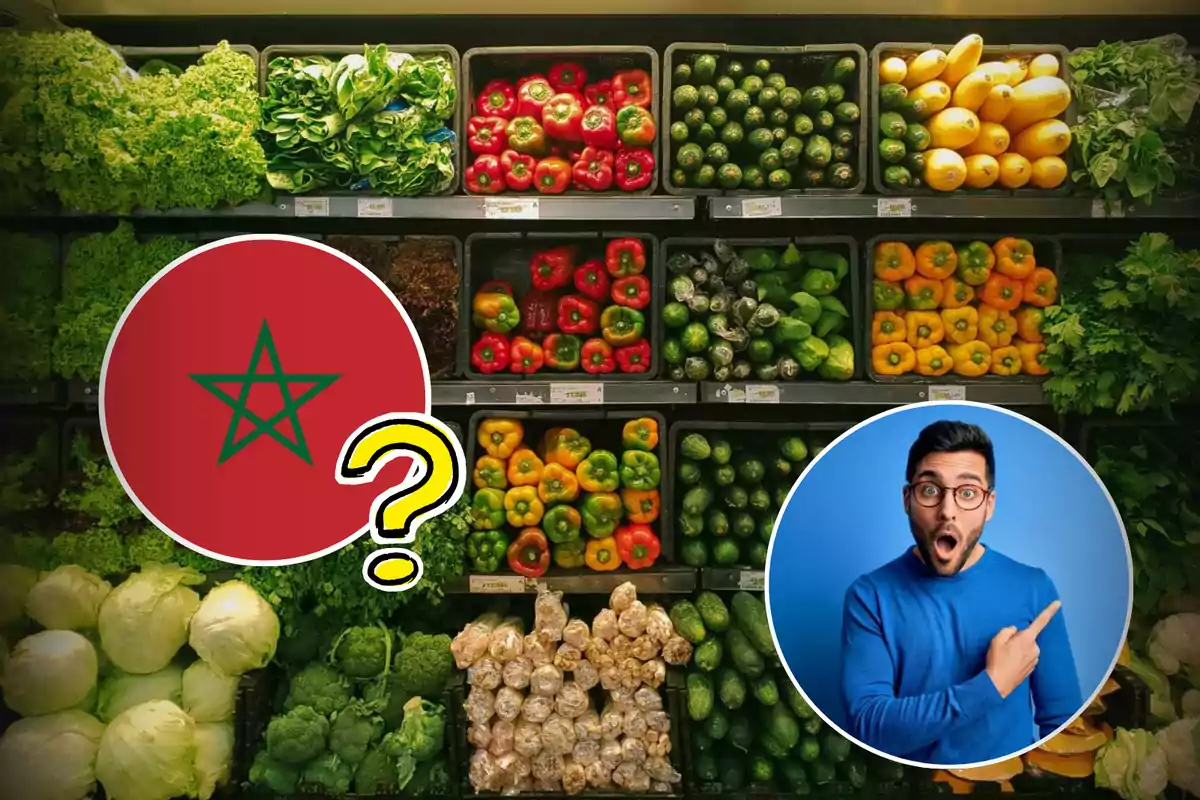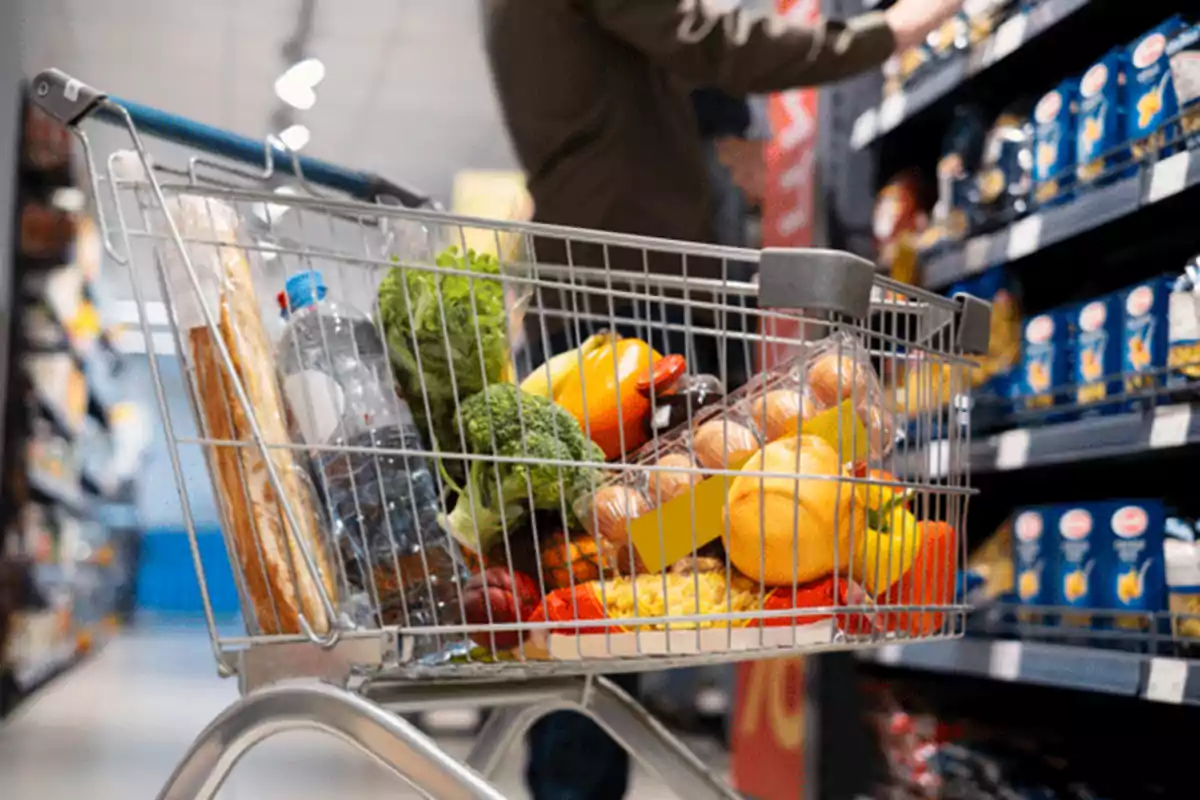
These Are the Diseases That Have Arrived in Spain from Morocco
14 diseases were classified as 'serious or potentially serious' due to health risks
Last year, health authorities issued an alert due to the detection of strawberries contaminated with hepatitis A from Morocco. This shipment, which managed to pass customs controls, was destined for a distribution center in Spain while the relevant analyses were being conducted.
This is the third incident of this type that occurred just over a year ago, which reinforces concerns about the safety of imported agricultural products. In fact, the Rapid Alert System for Food and Feed (RASFF) recorded up to 25 notifications related to Moroccan products during this period.

The situation has sparked a debate about the effectiveness of health controls at the border and the need to strengthen inspections to prevent risks to public health.
Spain Leads Health Alerts in the EU for Moroccan Products
Spain has become the European country that issues the most health alerts about products from Morocco. Among the problems detected are the presence of anisakis in fish, failures in the cold chain in seafood, contamination by the E. coli bacteria in beans, pesticides in watermelons, and salmonella in fish.
According to data from the European Commission's Rapid Alert System for Food and Feed, in 2023, 25 alerts related to Moroccan products were recorded in Spain. Of these, 14 were classified as "serious or potentially serious" due to risks to human health.

At the European level, Spain leads in detecting incidents in these products. Of the total 198 alerts issued in the European Union about Moroccan agricultural, meat, or fishery products, approximately 70% originated after controls in Spanish territory. This affects 139 products that reach the national market.
These data have reignited the debate on food safety and the need to strengthen border controls to prevent spoiled products from reaching consumers.

Morocco Ousts Spain from the Top Spot in Tomato Exports
Spain is no longer the main exporter of tomatoes to other European Union (EU) countries. According to data collected in the first quarter of 2023, Morocco has taken the lead in this area.
In 2015, Spain's tomato sales to the EU exceeded Morocco's exports by 109%. This represented a difference of more than 337 million lbs. (153 million kg) of tomatoes.
More posts: